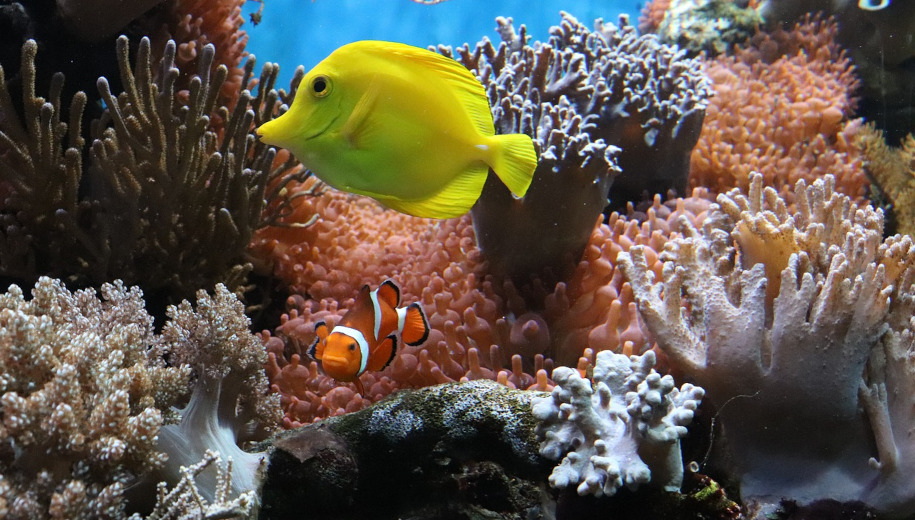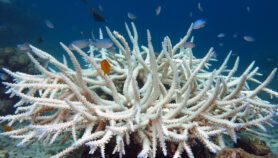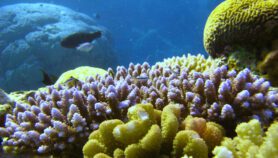By: Sanjeet Bagcchi
Send to a friend
The details you provide on this page will not be used to send unsolicited email, and will not be sold to a 3rd party. See privacy policy.
[NEW DELHI] Pollution by artificial light in coastal regions disrupts coral reproduction which depends on natural light sources to control their biological, physiological and behavioural activities, says a new study.
Carried out by researchers from Germany, Israel and the Philippines and published 5 November in Current Biology, the study says the health of humans and ecosystems can be adversely affected by powerful artificial lighting typically used in streets, yards, office buildings, sports and industrial establishments.
“Light pollution on beaches has been shown to interfere with turtle hatchlings, and now there is the potential that it could also impact coral reproduction”
Gabriel Grimsditch, UN Environment Programme
According to the researchers, artificial light leads to glare, over-illumination, skyglow and light trespass that affect corals which are already threatened by global warming. A 2018 report by the Intergovernmental Panel on Climate Change warns that even stabilising global surface temperature rise by 1.5 degrees Celsius above pre-industrial levels will not stop 70—90 per cent loss of coral reefs by 2050.
Disruption in reproduction is caused by delayed production of gametes (male and female germ cells) which are released into the water for external fertilisation. In corals, release of gametes into the water is regulated by a biological rhythm which works in harmony with natural light such as moonlight.

In the study, the researchers collected two coral species—Acropora millepora and A. digitifera, from the Indo-Pacific Ocean, and placed them in groups at the Bolinao Marine Laboratory in the Philippines. “Each group was composed of 15 colonies from each Acropora species divided randomly into three tanks,” the researchers wrote in the study.
Two experimental groups were subjected to illumination by LED lamps, while the control group received natural sunlight and moonlight instead of supplemental light at night. For three months, the LED lamps were activated each day, from sundown until sunrise.
The results showed abnormalities in the production and maturation of gametes in groups subjected to artificial illumination, highlighting the importance of natural sunlight and moonlight to facilitate normal production of gametes and their synchronised release into the water.
“We need to be aware of the impact of light pollution,” says Oren Levy, corresponding author of the study affiliated to Israel's Bar-Ilan University. “In coastal areas near urban districts, there can always be impact [of light pollution]. Therefore, [we] need to plan to use more eco-friendly lights,” he tells SciDev.Net.
According to Grimsditch, understanding and protecting coral reproduction cycles is critical for the survival of coral reefs in an uncertain future. He points out that coral reefs are extremely vulnerable to warming sea temperatures and are the first ecosystems that face global extinction due to climate change.
“Protecting coral reefs against all other anthropogenic stressors is necessary if we want to boost their resilience and continue to enjoy the huge benefits that they provide to biodiversity and humanity,” says Grimsditch.
This piece was produced by SciDev.Net’s Asia & Pacific desk.














